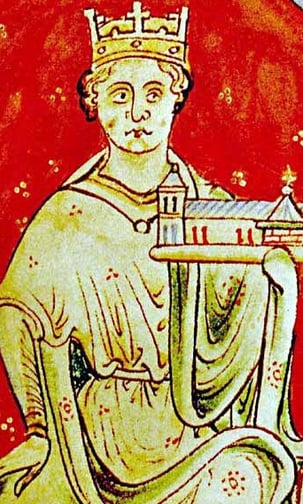
From King John to Today
The Magna Carta's Lessons on Power and
Accountability
Imagine a time when kings could do whatever they pleased—tax you, imprison you, and take your property without asking for your permission. This was the world in which the Magna Carta was born, over 800 years ago, in 1215. But why did this document become such an important milestone in the story of freedom and governance? And more intriguingly, why does it still matter today, as we observe the shifting political climate of the modern world?
The Magna Carta, Latin for "Great Charter," was a document signed by King John of England at Runnymede, a meadow by the River Thames, on June 15, 1215. Why was it so significant? Well, back then, King John was notorious for being a ruler who cared little for fairness and justice. His subjects, particularly the nobles, were frustrated by his heavy-handed rule, excessive taxation, and disregard for their rights.
The Magna Carta wasn't a document that suddenly gave everyone in England the right to vote or made the country a democracy. Far from it! But it was the first time in history that a king had to accept that his power had limits. The document outlined specific rights for the people and made it clear that even the king had to follow the law.
Some of the Magna Carta's most important principles included the right to a fair trial, protection from illegal imprisonment, and limitations on taxes. These ideas would become the foundation for many of the freedoms we now take for granted, and they influenced the development of later constitutional laws in countries around the world.


King John presenting a church, painted c. 1250–1259 by Matthew Paris in his Historia Anglorum
So, who was this King John, and why did he agree to such a document? King John wasn't exactly known for being a benevolent ruler. He was embroiled in constant conflicts, both at home and abroad. He lost important territories in France, angered his barons with heavy taxation, and imposed harsh punishments on those who opposed him. When his barons revolted, they made it clear that they would not tolerate his behavior any longer.
At first, King John had no intention of honoring the Magna Carta. After all, he had signed it under duress, forced by his barons. But the significance of the Magna Carta was not in what John immediately agreed to—it was in the idea that a ruler's power could be challenged by the people, or at least the powerful elites in the society.
In many ways, King John represents a monarch with unchecked power, someone who thought they were above the law. Today, we might find echoes of this same attitude in certain world leaders.
Fast forward to today, and you might feel like we’re entering an age where political leaders seem to be forgetting the lessons of the Magna Carta. It’s as if we’re stepping backward into a time when monarchs ruled without restraint, where the law bends to the whims of powerful leaders.
Take, for instance, the recent actions of some prominent world leaders. In Russia, President Vladimir Putin has been in power for over two decades. His government has repeatedly been accused of cracking down on political opposition, limiting press freedoms, and ignoring the rights of its citizens. Similar to King John, Putin has managed to strengthen his rule through aggressive tactics and by challenging the limits of the law.
In Hungary, Prime Minister Viktor Orbán has been criticized for consolidating power by undermining democratic institutions, curbing judicial independence, and passing laws that stifle opposition. His critics argue that his actions resemble those of a ruler who believes in the primacy of their own vision over the rule of law—a troubling echo of King John's reign.
Then, there’s the example of former U.S. President Donald Trump, whose leadership was characterized by a tendency to challenge legal norms and question established democratic processes. His refusal to concede the 2020 election results and his encouragement of the January 6th Capitol riot brought into question the principles of fair elections and peaceful transitions of power. Although the United States has a constitution that serves as a safeguard for democracy, Trump’s behavior raised alarms about the vulnerability of democratic systems to authoritarian-like actions.
But, of course, it’s important to note that not all modern leaders fall into this mold. Countries like Canada, Germany, and the United Kingdom are often seen as upholding democratic principles and human rights, holding leaders accountable when they cross certain lines. And many of these countries’ legal systems are rooted in the very principles of fairness and justice that the Magna Carta helped establish.
So, why do we draw parallels between today’s political climate and the pre-Magna Carta world? The answer lies in the shifting balance of power. Just as King John faced a challenge to his unchecked authority, today’s leaders often face questions about their power and its limits. But in some places, there seems to be a regression, where the checks and balances that were hard-won over centuries are beginning to fray.
Yet, just like in 1215, there are forces pushing back. In the modern era, we have courts, civil society, international organizations, and a much more informed public to hold leaders accountable. And let’s not forget, the Magna Carta didn’t work miracles overnight. It was just the beginning—a spark that would eventually ignite wider demands for democratic governance.
